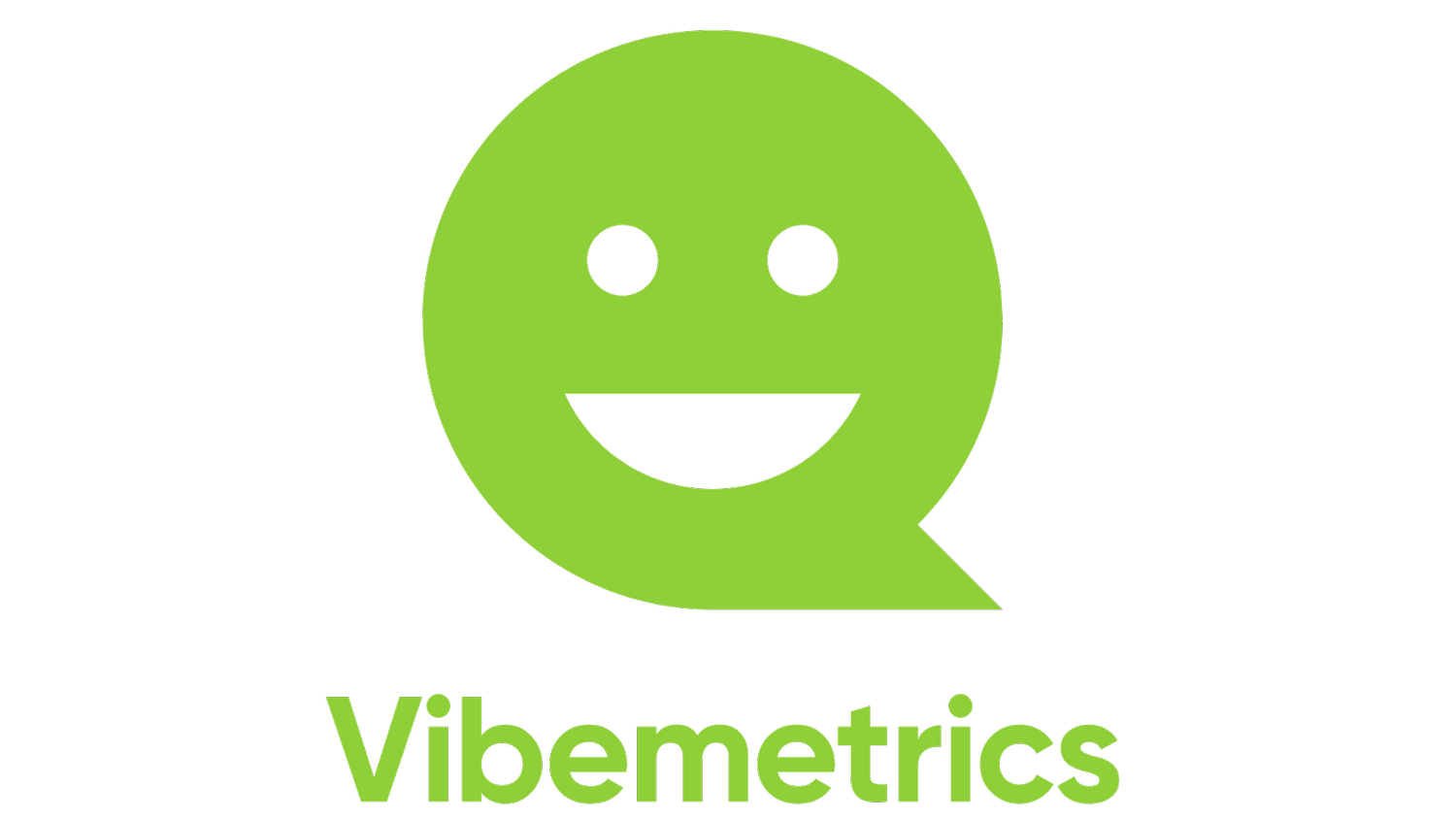The most effective staff survey possible
In our daily experience, long and multi-stage staff surveys can easily feel exhausting for respondents. This is especially true if the questions still seem irrelevant and meaningless. In this article, Karoliina explains what makes the most effective employee survey possible.
When you put a question on the internet: how many questions are there on average in a staff survey, the first hit is that there should be no more than 75 questions in a staff survey and it should not take more than half an hour to complete.
75 questions...
Those designing staff surveys are advised to ask as many questions as they can with the highest possible response rate. Somewhat humorously, one might say that the optimum is guided to a point where people are at their maximum response anxiety, but they don't stop responding yet. This will provide as much information as possible for HR and management. But is that kind of painful information of high quality and worth the price?
There are also surveys on the market that allow staff to mark if a question is important to them. This helps to know which questions staff have found important and where they think it is worth directing development resources. This is definitely a step in the right direction, but why ask questions at all if you know in advance that most of them are not relevant to staff?
What if you wanted to find one question to replace all 75 questions? What would be the question that could find out if the employee is doing well, coping with his workload, knows what he is supposed to do, is he happy with his management, is he comfortable in his work community, is he able to enjoy his professional skills and their development, is it possible to do his job smoothly and efficiently and is he committed to his work?
That question could be anything as general and neutral as possible, asking about the general human sentiment. In our Vibemeter it is "What's the vibe?". This question works on two conditions.
""What's the vibe?" is the most comprehensive single question for monitoring workflow and staff satisfaction. "
The first is that you have to believe that people get some kind of satisfaction or pleasure from a job well done. If this is the case, people's mood will be positively affected if the work goes well and negatively affected if it doesn't. If people have no interest in doing their job well, their mood will not be affected by doing it well. I believe that 95% of people have this condition of job satisfaction.
Another condition for a single general question to work is that you must offer the respondent the opportunity to tell you what is making them feel less happy or unhappy. That way you will know what needs to be improved.
A-ha! Yes, this is the secret! You don't have to suggest 75 things yourself. You can let the respondent themselves highlight what is relevant to them.
This does not make the staff survey any more complex or effective.
Read more about our Vibemeterhere.

